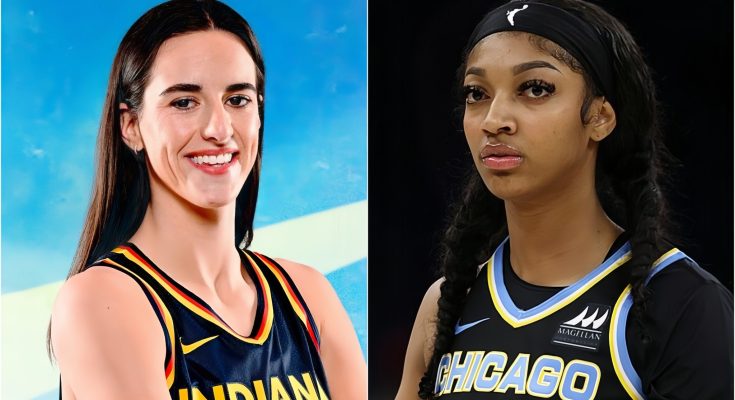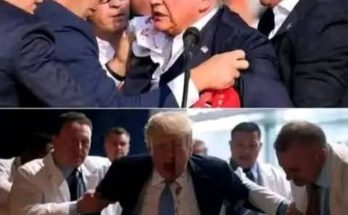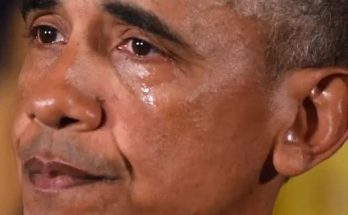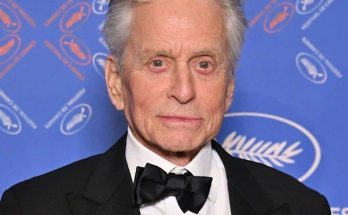
WNBA star Angel Reese has sparked controversy by urging a boycott of Nike after the brand signed Caitlin Clark to a historic $28 million deal and featured her in a major advertising campaign—including a billboard in Chicago, a city closely tied to Reese’s fanbase. Reese’s response has ignited a heated debate over fairness, recognition, and racial dynamics in women’s basketball marketing.
Nike’s contract with Clark is one of the most lucrative rookie shoe deals in WNBA history, cementing her status as one of the most marketable players in the league. However, Reese’s supporters feel the move downplays her own impact on the game, despite her immense popularity.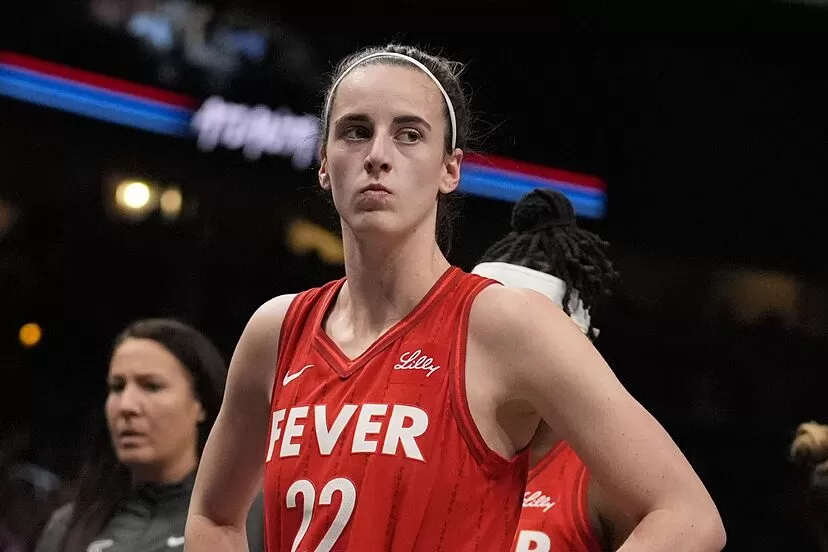
As of October 2024, Reese had amassed a massive social media following, with 4.4 million Instagram followers and 4.6 million on TikTok. Her influence has helped her secure endorsements worth $1.7 million over the past two years, but many of her fans—often referred to as “Reese’s Pieces”—believe she has been overlooked for larger deals like Clark’s.
Reese Speaks Out
Reese took to social media to vent her frustration, particularly over Nike’s decision to place a large billboard of Clark in Chicago, just minutes from Wintrust Arena, where Reese will play for the Chicago Sky.
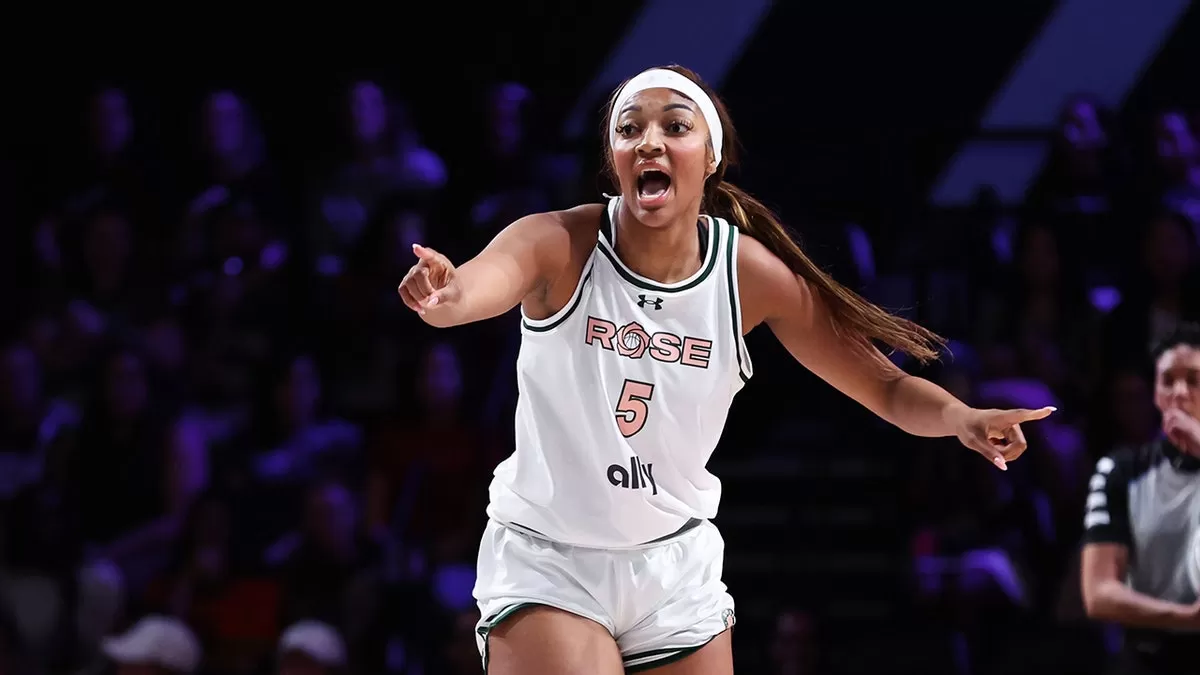
“Y’all see what’s going on,” Reese posted. “They make it clear who they want to push. Keep that same energy when we stop supporting.”
Her call for a boycott quickly gained traction, with many fans and athletes weighing in. Critics of Nike’s decision argue that Black female athletes are often overlooked in major endorsements compared to their white counterparts, pointing to long-standing disparities in sports marketing. Others defended Nike’s choice, emphasizing Clark’s record-breaking performances and rising national profile.
Tensions in the WNBA and Beyond
The Clark-Reese rivalry has been a driving force behind the WNBA’s recent surge in popularity. Their fierce competition dates back to the 2023 NCAA women’s championship, where Reese’s LSU team defeated Clark’s Iowa squad in a heated matchup. Since entering the WNBA in 2024, both players have helped elevate the league to new heights.
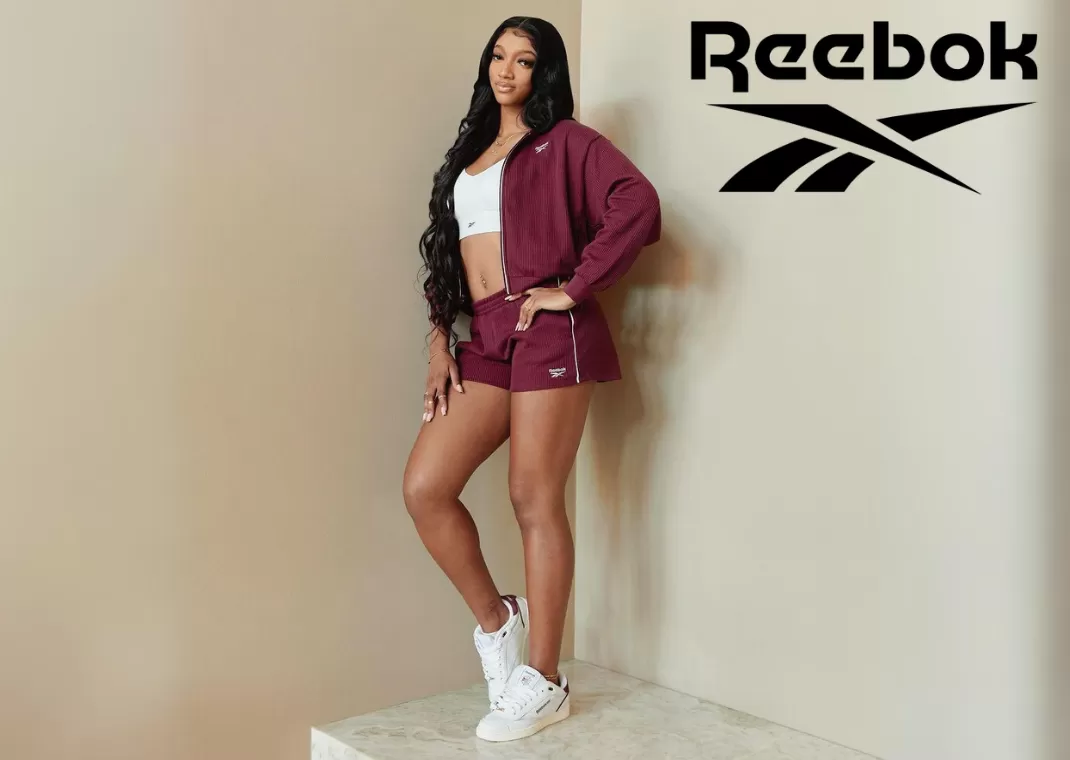
Viewership and attendance skyrocketed in 2024, with WNBA regular-season attendance up 48% and ESPN ratings increasing by 170%. Clark’s presence had an especially dramatic effect—her team, the Indiana Fever, saw a 320% jump in attendance, leading the league with an average of 17,000 fans per game.
Their on-court battles have been intense, with multiple controversial flagrant fouls fueling the rivalry. The feud will be reignited when Reese’s Chicago Sky faces Clark’s Indiana Fever on May 17, a game expected to draw significant attention.
Nike’s Strategic Move or a Marketing Misstep?
Nike’s decision to feature Clark in Chicago has been viewed by some as a bold marketing move and by others as a direct challenge to Reese on her home turf. The controversy raises broader questions about how major brands choose to promote women’s basketball players and whether certain athletes receive disproportionate support.
As Team USA, the WNBA, and major sponsors continue to shape the future of women’s basketball, Reese’s outspokenness ensures that conversations about representation, fairness, and marketability won’t be going away anytime soon.
